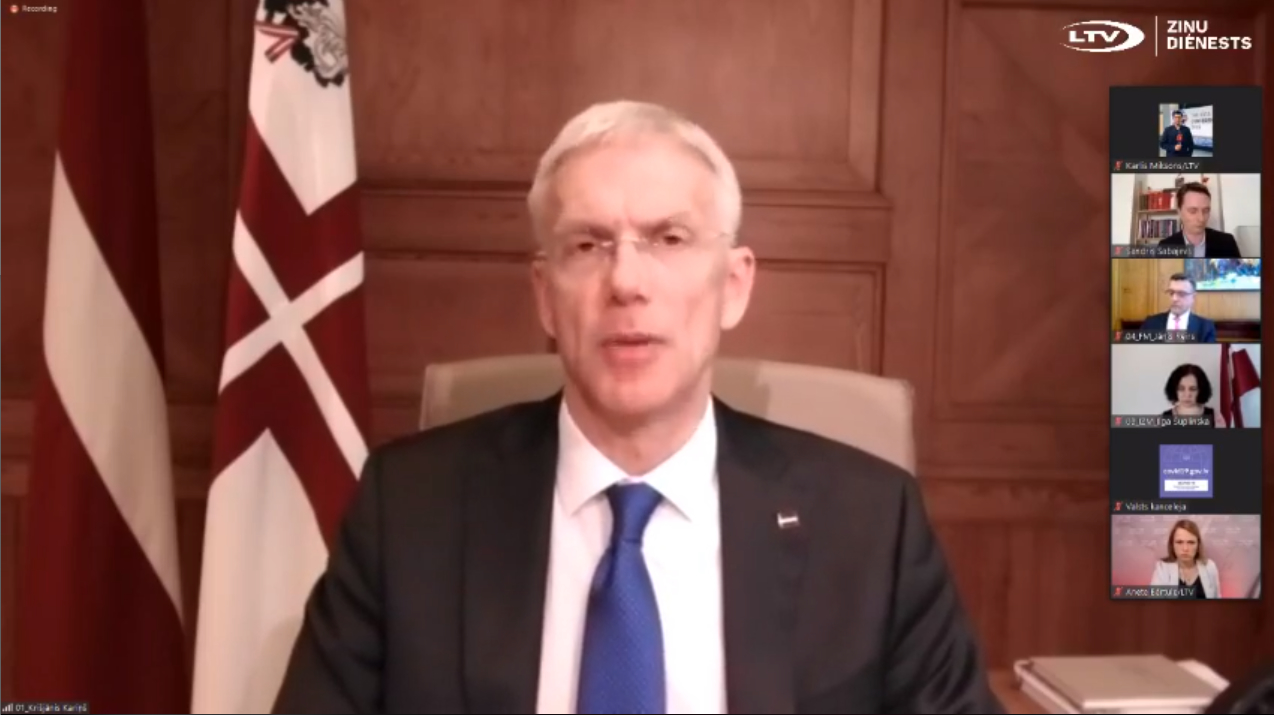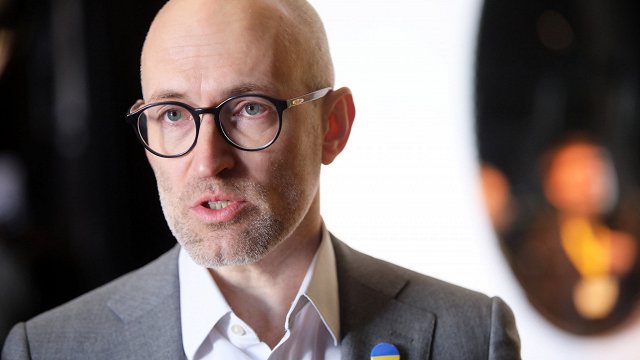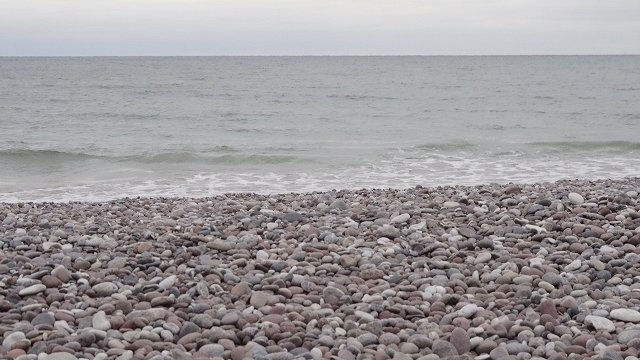The Prime Minister said that after June 9, the emergency situation might not be extended further. However, a large part of the COVID-19-related limitations will remain.
State of emergency in Latvia was announced on March 13, and the government has so far decided to extend it twice.
"Our aim is to put an end to the state of emergency by entering a new way of life where we co-exist with COVID-19," said Kariņš. He stressed that life would not return to what it had been before.
The Ministry of Health is currently developing amendments to the Epidemiological Safety Law, which will include a number of emergency provisions.
It will still be mandatory to comply with the two-meter distance. But it could be allowed to gather twice as many people in the same location.
"We could allow about 50 people indoors and maybe a slightly larger number outdoors. In any case, we, as a health sector, do not see that we could immediately allow events with hundreds of people," said Santa Līviņa, director of the Department of Public Health of the Ministry of Health.
"If desired, interest education events could resume, including children's summer camps, but as I said, with the distancing in place," said Līviņa.
The Ministry of Health noted that the requirement to use mouth and nose covers in public transportation is likely to persist after the state of emergency is lifted.
Regarding traveling abroad, the Ministry concedes that a list of countries to which flights from Latvia will not take place should be compiled.
There will also be a requirement to spend 14 days in self-isolation after arrival in Latvia.
"We still believe that flying abroad is risky, especially because by coming back we can bring the infection with us. There are countries where the situation is much worse," Līviņa said.
Proposals from all ministries on how to avoid COVID-19 after the state of emergency is lifted are being compiled by the Ministry of Justice. Over the next two weeks, the proposals will be incorporated into a new law governing the work of institutions durirng the pandemic.
"We will first of all foresee that public authorities should resume full work, yet in certain cases, it must be done remotely. The law will also provide for flexible rules, such as specific sectoral regulations," Justice Minister Jānis Bordāns said.
“We still like the health industry believe that flying abroad is a risk, especially when we come back, we can bring an infection. “There are countries that don't go well with infections at all,” Liv explained.
Bordāns said that judicial work would prioritize cases that were postponed because of the pandemic. Hearings will continue remotely.
He pointed out that debate on public procurement regulation and gambling house opening is still ongoing.






























